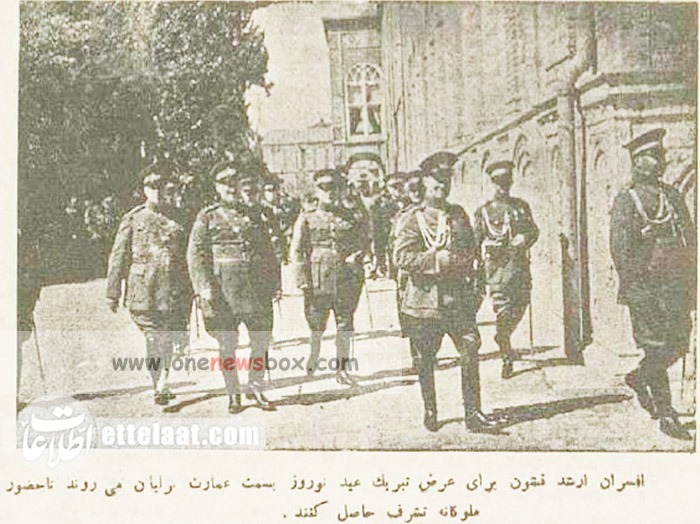Reza Shah’s rule brought about a new order in Iran. His reign was characterized by a drive for modernization and centralization. Among his most significant achievements were the establishment of the National Railway, the modernization of the military, judicial reforms, and the founding of the University of Tehran. Determined to free Iran from the influence of religious clerics and foreign powers, he also sought to eliminate tribal divisions, promote nationalism, and expand European-style education. His reforms extended to the economic sphere, fostering state capitalism, industrialization, and infrastructure development.
However, Reza Shah’s modernization efforts were accompanied by authoritarian measures. He dissolved independent political parties, curtailed parliamentary immunity, and limited democratic freedoms. His government became increasingly autocratic, and despite his initial attempts to follow Enlightenment ideals, his regime evolved into a highly centralized and repressive one. His policies, including compulsory Western-style dress codes and restrictions on clerical influence, created both admiration and resistance among different factions of Iranian society.

